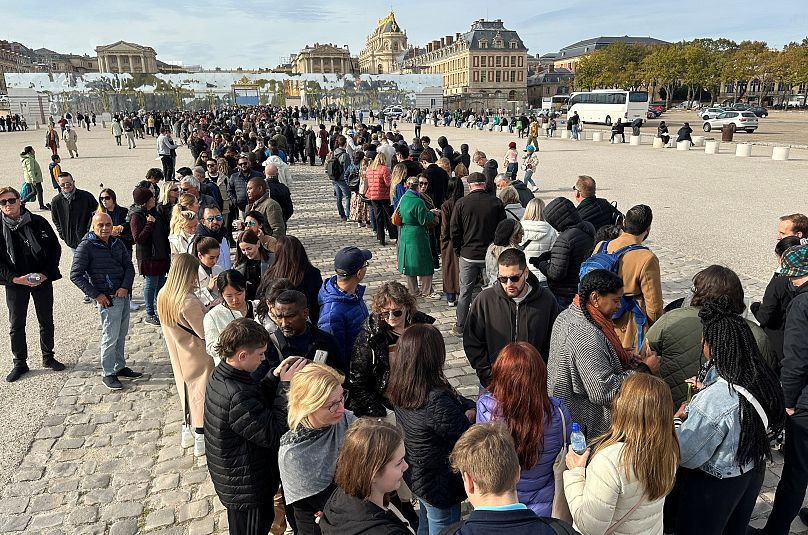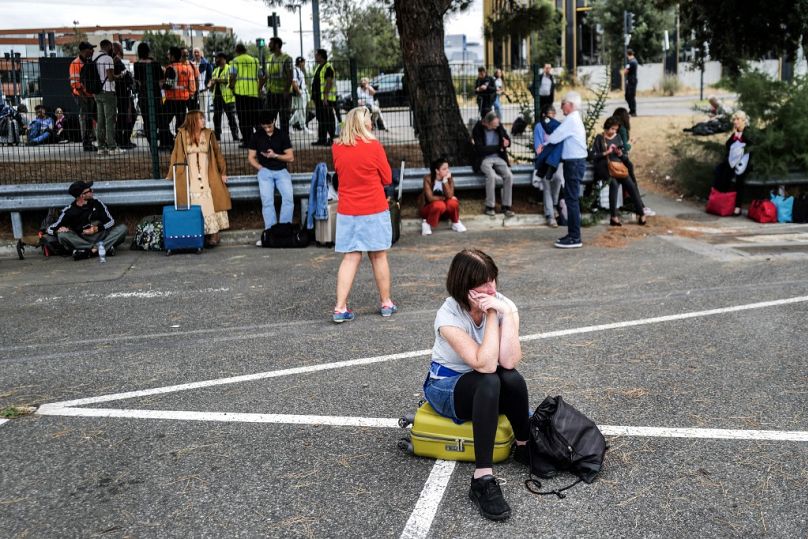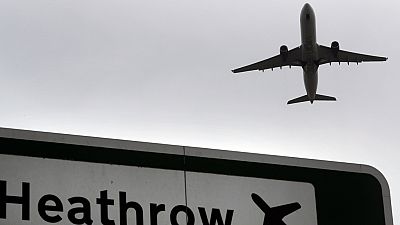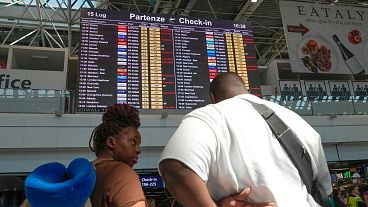France has been on its highest security alert level since 13 October and has seen a spate of false bomb threats and security alerts.
With the start of the school holidays and the final matches of the Rugby World Cup, thousands of people are planning a trip to France in the next few days.
But a spate of false bomb threats at tourist sites and evacuations of airports has plagued the country, causing disruption for travellers in the last week.
With a heightened level of security alert should you be worried about travelling? Here's a rundown of the situation in France.
Why is France on high alert?
France has been on its highest security alert level - Urgence attentat - since 13 October after a 20-year-old man fatally stabbed a teacher in the city of Arras in northern France.
The most visible impact of this is likely to be an increased number of soldiers on the streets. Though there has not yet been any major disruption to public transport networks, increased vigilance may also mean delayed trains or the suspension of Metro lines due to "suspect packages".
"Transport (networks) have been places that have seen heavy tolls in attacks in the history of our country and in Europe," France's Transport Minister Clement Beaune said on France Inter on Sunday (22 October).
Alongside the heightened risk, there were "people who are playing with fear", he said, referring to the wave of fake bomb alerts that have hit transport networks, schools and cultural centres over the last week.
So far the threats have proved false and no countries' foreign offices have advised against travelling to France.
Given the heightened threat levels, however, travellers are being warned that the evacuation of crowded places like airports, train stations and tourist attractions may take place.
The Palace of Versailles outside Paris was evacuated for security reasons at midday on Sunday for the seventh time in the last eight days, re-opening two hours later after checks were made, a spokesperson said.
France is boosting security on trains and planes
France is boosting security at airports around the capital and on trains following the wave of bomb hoaxes, Beaune said on Sunday.
Security patrols at Paris airports will be increased by 40 per cent and staff at the national railway company SNCF will be reinforced by 20 per cent.
There will also be additional police patrolling railway stations, Beaune added.
Police have also announced reinforced security operations for the final two matches of the Rugby World Cup due to take place at the Stade de France in Paris on 27 and 28 October.
Fans are being advised to arrive well before the 9 pm kickoff time to allow for security checks to take place both outside the stadium and at the gate.
Where are the false threats coming from?
Since last Wednesday, there have been 70 bomb hoaxes in airports in France, Beaune said.
Many have led to evacuations and the disruption of flights at airports such as Marseille, Toulouse and dozens of regional hubs with at least 130 flights cancelled as a result.
Beaune added that almost all of these alerts were sent from the same Swiss-based email address.
"Since Wednesday, it is almost always the same email address that is used, located outside the European Union, in Switzerland," he said.
False alerts are generally punishable by two years in prison and a €30,000 fine. This can rise to three years in prison and a €45,000 euro fine if the alert includes a threat.
Beaune told France Inter that hoaxes are not "small jokes, they are serious crimes" and will be investigated.





